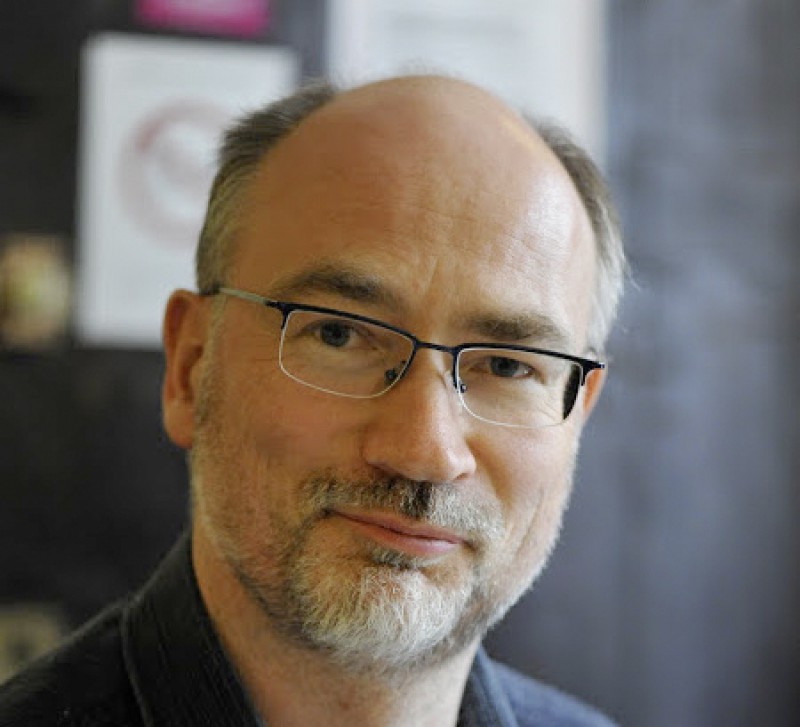KLI Colloquia are invited research talks of about an hour followed by 30 min discussion. The talks are held in English, open to the public, and offered in hybrid format.
Join via Zoom:
https://us02web.zoom.us/j/5881861923?omn=85945744831
Meeting ID: 588 186 1923
Spring-Summer 2026 KLI Colloquium Series
12 March 2026 (Thurs) 3-4:30 PM CET
What Is Biological Modality, and What Has It Got to Do With Psychology?
Carrie Figdor (University of Iowa)
26 March 2026 (Thurs) 3-4:30 PM CET
The Science of an Evolutionary Transition in Humans
Tim Waring (University of Maine)
9 April 2026 (Thurs) 3-4:30 PM CET
Hierarchies and Power in Primatology and Their Populist Appropriation
Rebekka Hufendiek (Ulm University)
16 April 2026 (Thurs) 3-4:30 PM CET
A Metaphysics for Dialectical Biology
Denis Walsh (University of Toronto)
30 April 2026 (Thurs) 3-4:30 PM CET
What's in a Trait? Reconceptualizing Neurodevelopmental Timing by Seizing Insights From Philosophy
Isabella Sarto-Jackson (KLI)
7 May 2026 (Thurs) 3-4:30 PM CET
The Evolutionary Trajectory of Human Hippocampal-Cortical Interactions
Daniel Reznik (Max Planck Society)
21 May 2026 (Thurs) 3-4:30 PM CET
Why Directionality Emerged in Multicellular Differentiation
Somya Mani (KLI)
28 May 2026 (Thurs) 3-4:30 PM CET
The Interplay of Tissue Mechanics and Gene Regulatory Networks in the Evolution of Morphogenesis
James DiFrisco (Francis Crick Institute)
11 June 2026 (Thurs) 3-4:30 PM CET
Brave Genomes: Genome Plasticity in the Face of Environmental Challenge
Silvia Bulgheresi (University of Vienna)
25 June 2026 (Thurs) 3-4:30 PM CET
Anne LeMaitre (KLI)
KLI Colloquia 2014 – 2026
Event Details

Topic description:
Space is vast and apparently it would be almost hopeless to find far away stars or galaxies without the guidance of their emitted light. Sequences space, in which proteins occupy tiny patches of relatively high fitness, is even vaster. Yet evolution managed to find these lone islands, or stars, which would be represented by different proteins. So, not all is lost, but what are the driving forces which nature exploits to find quadrants with those (presumably) few and tiny areas of relatively high fitness which become amenable to selection and adaptation? We use simulations, data from comparative genomics and experimental approaches to understand the transition from one phenotpye (structure) to another, the creation of completely novel (i.e previously unseen) phenotypes and their modular rearrangements which create new functionalities. We propose that, among other forces, weak gradients of sub-optimal ("latent") functions span large areas of sequence space and help find high-fitness areas, that phenotypic mutations ("errors" during replication) help anticipate forthcoming beneficial mutations and that novel coding material is gradually incorporated into reading frames and rapidly utilised by the cellular machinery. -
--------------------------------------------------------- Related publications: ------------------------------------------------------ Bornberg-Bauer E and MM Alba, Curr Opn Struct Biol. 23(3):459-66, 2013.
Sikosek T et al., PNAS, 109(37):14888, 2012.
Sikosek T et al., PLoS Comput Biol 8(9):e1002659, 2012.
Bornberg-Bauer E et al., Curr Opn Struct Biol. 20(3):390-6, 2010.
Whitehead D et al., Biology Direct, 3:18, 2008.
Wroe R, et al. HFSP J. 1(1):79, 2007.
Cui Y, et al. PNAS 99(2):809, 2002.
Bornberg-Bauer E and Chan HS, PNAS 96(19):10689, 1999.
Bornberg-Bauer E, Biophys J, 73(5):2393, 1997.
Biographical note:
Erich Bornberg-Bauer (http://bornberglab.org/people/bornberg) studied biochemistry and maths in Vienna where he obtained his Phd in 1995 with Peter Schuster, working on theoretical aspects of RNA and protein evolution. Thereafter he worked as Assistant Professor in numerical mathematics before joining the German Cancer Reserach Centre in Heidelberg (Germany) in 1996, working as project manager in a startup IT company (EML, now HITS) in Heidelberg and becoming a Senior Lecturer in Bioinformatics in Manchester (UK) in 2000. Since 2003 he is a Full Professor of Molecular Evolution and Bioinformatics at the University of Münster (Germany) and leads a group working on evolutionary and biophysical aspects of protein, RNA and genome evolution and collaborating with many experimental groups, mainly on genome analysis of social insects and deciphering signatures of ecological adaptation.


